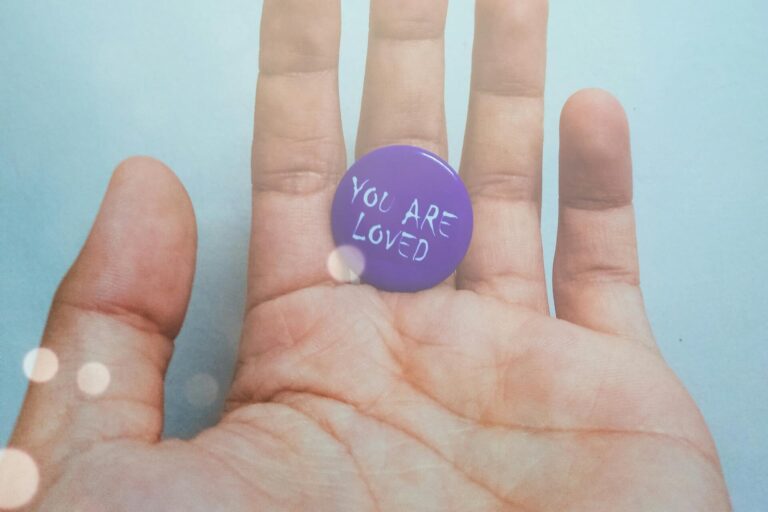How Does Emotional Trauma as a Child Interfere with Adult Good Communications?
Emotional trauma experienced in childhood can have a lasting impact on how we communicate as adults. When children face trauma—whether from abuse, neglect, or other distressing experiences—their ability to process and express emotions can be compromised. These early wounds often shape how we perceive and interact with others, influencing our communication patterns later in life….





